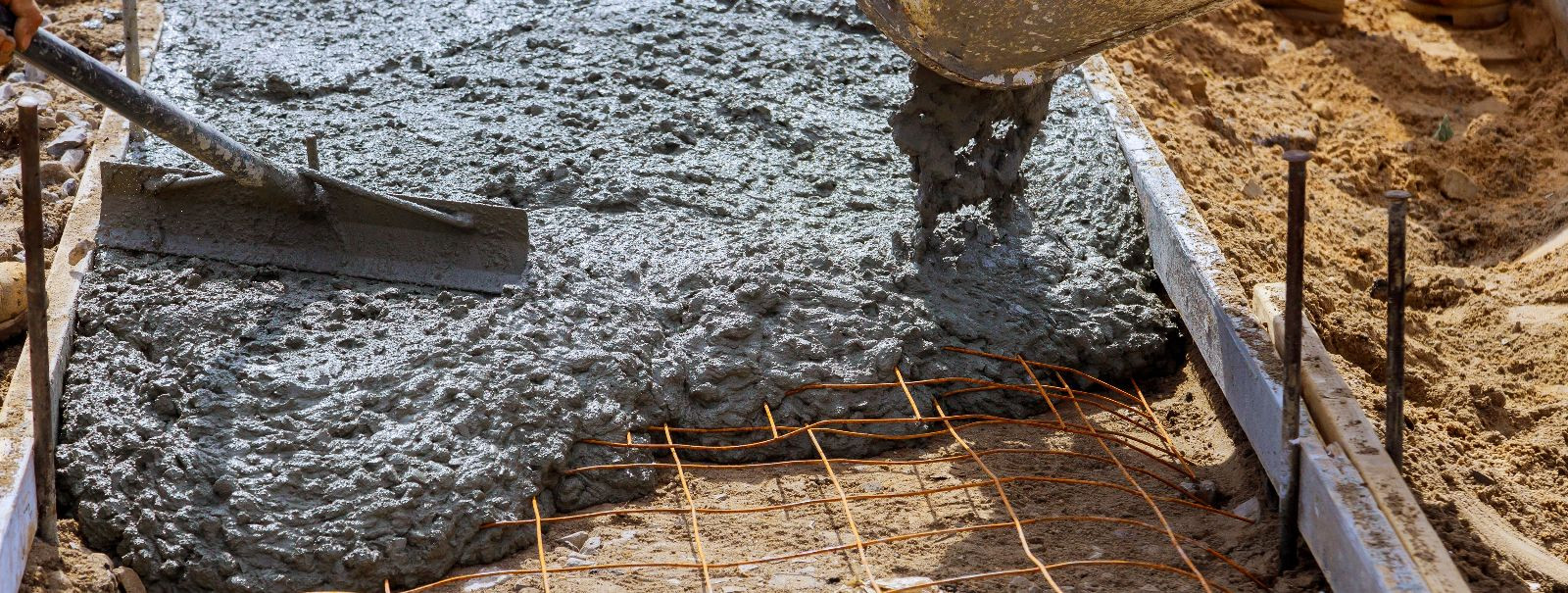The importance of a strong foundation in construction
In the realm of construction, the foundation is the most critical component of any structure. It serves as the base that supports the entire building, ensuring stability and safety. A well-constructed foundation distributes the weight of the building evenly, preventing structural failures and ensuring longevity. For construction companies, real estate developers, and property owners, understanding the importance of a strong foundation is paramount to the success of any project.
Types of Foundations
Shallow foundations are typically used for smaller structures where the load is relatively light. These include spread footings, slab-on-grade, and mat-slab foundations. They are cost-effective and easier to construct, making them a popular choice for residential buildings and small commercial projects.
Deep foundations are necessary for larger structures or when the soil conditions near the surface are not suitable for supporting the load. Types of deep foundations include pile foundations, drilled shafts, and caissons. These foundations extend deeper into the ground to reach more stable soil or rock layers, providing the necessary support for heavy loads.
Key Factors in Designing a Strong Foundation
Understanding the soil properties is crucial in foundation design. Soil analysis helps determine the type of foundation required and its depth. Factors such as soil composition, moisture content, and compaction levels influence the foundation's design and construction.
The foundation must be designed to support the building's weight, including live loads (people, furniture) and dead loads (structural components). Engineers calculate the load-bearing capacity to ensure the foundation can handle the stress without settling or shifting.
Environmental factors such as climate, seismic activity, and water table levels must be considered in foundation design. These elements can affect the foundation's stability and durability, requiring specific design adaptations to mitigate potential risks.
Common Challenges in Foundation Construction
Soil erosion can undermine the stability of a foundation. Proper drainage systems and erosion control measures are essential to prevent soil displacement and maintain the foundation's integrity.
Fluctuations in the water table can lead to foundation issues such as settling or heaving. Waterproofing and drainage solutions are critical to managing water levels and protecting the foundation from moisture-related damage.
The Impact of a Strong Foundation on Structural Integrity
A strong foundation is the cornerstone of structural integrity. It ensures that the building remains stable and safe over time, reducing the risk of costly repairs and enhancing the property's value. A well-designed foundation also contributes to the overall efficiency of the construction process, minimizing delays and ensuring timely project completion.
The Role of Technology and Innovation in Foundation Construction
Advancements in technology and construction methods have revolutionized foundation construction. Innovations such as 3D modeling, geotechnical software, and advanced materials allow for more precise and efficient foundation designs. These technologies help construction professionals address complex challenges and deliver superior results.






Comments (0)